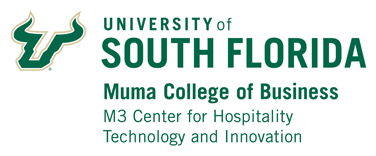Abstract
Identifying factors influencing food delivery sales and customers’ intentions amid pandemic restrictions aids strategic planning for restaurant business in uncertain business environments. This paper aims to explore restaurant survival strategies by examining customers’ purchase intentions towards online food delivery services. The results of this paper assist restaurant business in establish a sustainable competitive advantage amidst market crises with a focus on organizational learning for future events. This paper utilized a mixed-method approach and comprised two studies. Study one explores factors affecting online food delivery sales through multiple linear regression analysis. Study two investigates customers’ intentions under online payment concerns through structural equation modeling. Insights from these studies empower restaurants to thrive amidst uncertainty, offering essential guidance for their resilience and success. The results of Study 1 established a positive relationship between the crisis and restaurant delivery sales, providing empirical support for the structural model proposed in Study 2. Study 2’s findings demonstrated that the three subdimensions of salient belief can be explained by a common underlying higher-order salient belief factor model. The invariance analysis revealed statistical equivalence between the two levels of online payment concerns.
Keywords
online food delivery service, online payment concerns, salient belief, market crisis, multimethodologies
ORCID Identifiers
Wenfang Liu: https://orcid.org/0000-0003-1181-2920
Jaewook Kim: https://orcid.org/0000-0001-5994-5971
DOI
10.5038/2771-5957.3.2.1054
Recommended Citation
Liu, W., & Kim, J. (2024). Crisis to success: Online food delivery for restaurants’ sales performance and customer purchase intention. Journal of Global Hospitality and Tourism, 3(2), 159-176. https://www.doi.org/10.5038/2771-5957.3.2.1054
Creative Commons License

This work is licensed under a Creative Commons Attribution-Noncommercial 4.0 License
Included in
Business Administration, Management, and Operations Commons, Food and Beverage Management Commons, Tourism and Travel Commons


